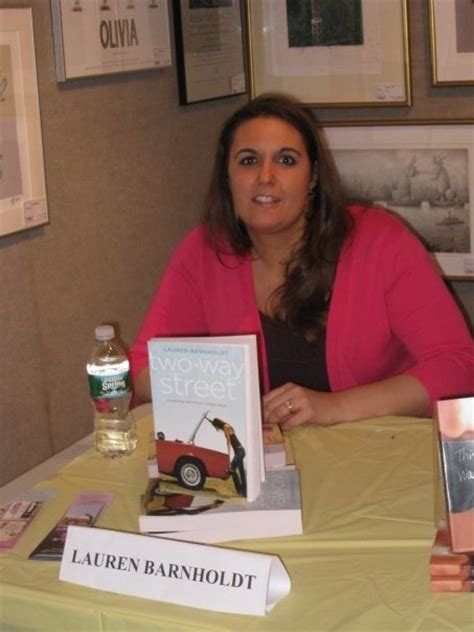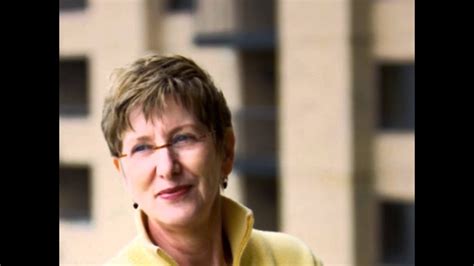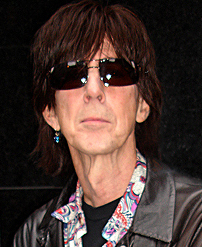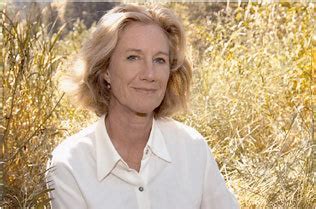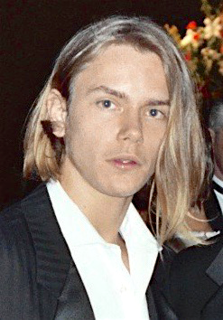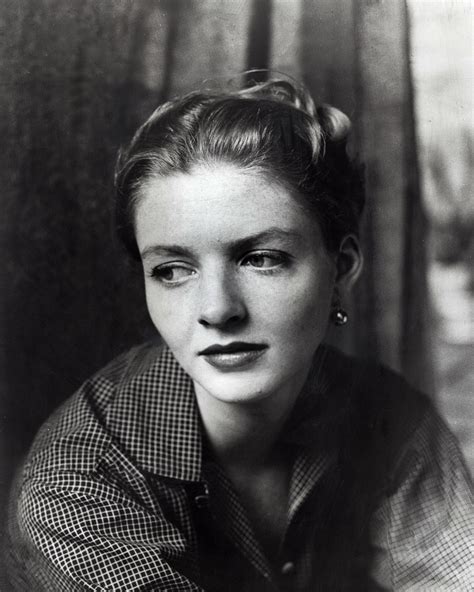A Quote by Justin Lin
There was something so pure about 'Better Luck Tomorrow' because money wasn't the currency. It was passion. The fact we were trying to do something even though no one was asking us to. It meant a lot.
Related Quotes
I've always used masks. I think it's a lot about the fact that masks often reveal a sort of subconscious element to a character. The mask is carved and given an expression or markings to reveal something, even though it's shielding the face. Even though it's hiding the face, it seems to reveal something underneath.
Growing up, I learned that if you are passionate about something, that you can move mountains. Passion is more precious than gold, and it's a currency that everyone craves. It's something that's hard to fake, and when it's real, everyone wants to be on that train. It's about giving people something that they can believe.
I did it [photojournalism] as something that was really rewarding to do, given the opportunity to express myself about something I cared about, and also to learn a lot by watching filmmakers I admired. In a sense, it was my film school. After doing it for a few years, I decided that the time had come to get it together and do some work of my own. So I stopped doing that and wrote some screenplays on speculation, because even though I wanted to direct, to direct you need a lot of money.
It meant a kind of real liberation of expression. It embraced amateurism in a way that I still am inspired by. It was not about trying to get, you know, stadium gigs or even commercial radio play or even record deals for that matter. It was about saying something 'cause you meant it, and expressing something that you felt. And that was primary for that - whatever the scene, whatever punk rock means, it was very, very important to me, very formative.
I spent a lot of time, a lot of energy trying to be a better artist and I still [do]. I spend a lot of time focusing on my craft. If you're going to take your passion into something beyond just something for fun on the side, you got to spend a lot of time on it to be great, and then you've got to make smart decisions about who you collaborate with [and] where you live [to] put yourself in the right situations to meet the right people to catch those breaks.
Once they're on paper, they're gone. I like to do as much with the words, as far as image goes, so that it's really left open for a lot of things, even though I remember a specific impression of something I had at the time. I can't say a song is about this or that; in fact, I wouldn't even want to. I just prefer to have people live it anyway they want. Because it's theirs after that. There's nothing I can do about it anymore
There is something very unstabilizing about not knowing where you're coming from or where you're going. There's something very romantic about it, because you have this search for the unknown. But at the same time, sometimes I'm like, "God, if I were to die tomorrow, where would I like to be buried?" I wouldn't know. That's kind of a heavy thought, but it's a fact. You don't know anymore where you belong.
Walter Benjamin talks about art losing its original "aura" in an age of mechanical reproduction. In writing memoir, we're taking something that happened in a particular moment and meant something at that time, and we're trying to capture it to mass reproduce it for readers. So of course something is lost. And when we edit that material, we're getting even further from that aura, but toward something else that is potentially vital.
It was palpable, all that wanting: Mother wanting something more, Dad wanting something more, everyone wanting something more. This wasn't going to do for us fifties girls; we were going to have to change the equation even if it meant . . . abstaining from motherhood, because clearly that was where Mother got caught.



